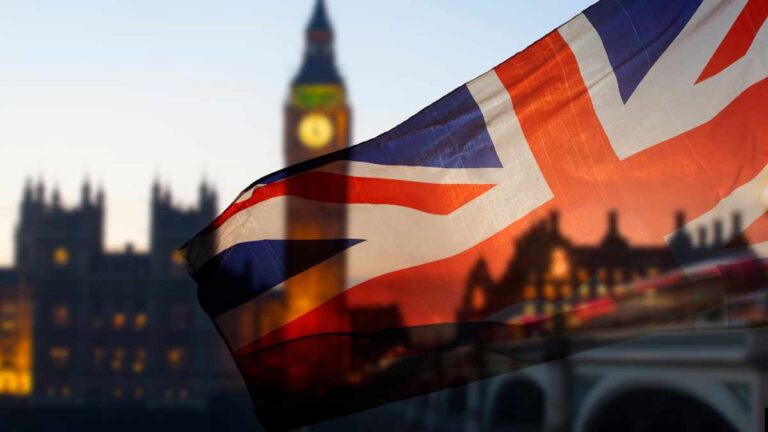The UK economy shrank in January 2025, raising concerns about the country’s financial outlook and adding pressure on the Labour government ahead of its crucial Spring Statement.
Official data from the Office for National Statistics (ONS) showed that Gross Domestic Product (GDP) fell by 0.1% in January, reversing the 0.4% growth recorded in December. The decline has heightened worries over the nation’s economic recovery, especially as global uncertainty, including new US trade tariffs, continues to pose challenges.
Challenges for the Labour Government
Chancellor Rachel Reeves faces difficult decisions as she prepares to deliver the government’s Spring Statement on March 26. With public finances already strained by high inflation and borrowing, spending cuts—including potential reductions to welfare—are expected.
Prime Minister Sir Keir Starmer, who has prioritised economic growth since Labour’s election victory in July 2024, now faces an uphill battle. Analysts had forecast mild economic expansion for January, but a significant downturn in the manufacturing and production sectors contributed to the contraction.
Despite these setbacks, the services sector remained resilient, with retail—particularly food sales—showing strong performance. ONS economic director Liz McKeown noted that while manufacturing, oil and gas extraction, and construction were weak, “retail saw a boost as more people ate and drank at home.”
A ‘Sea of Uncertainty’ Looms
The latest economic figures arrive amid growing uncertainty over US trade policies, particularly tariffs introduced by President Donald Trump. These trade restrictions could impact UK exports, further complicating the government’s plans for economic recovery.
Investment expert Richard Carter described the situation as “a sea of uncertainty,” cautioning that while economic improvement is possible later in 2025, the full impact of new tariffs remains to be seen.
The UK’s fiscal challenges are compounded by global risks, including the ongoing war in Ukraine. Labour’s flagship green energy project, GB Energy, is among the initiatives facing potential cuts as the government reassesses its spending priorities. At the same time, Starmer has pledged to increase defence spending to 2.5% of GDP by 2027, citing concerns over NATO security and US foreign policy shifts.
What’s Next for the UK Economy?
With public finances stretched, the government’s next moves will be closely watched. While some analysts predict an economic upturn later this year, much depends on global trade dynamics, inflation control, and Labour’s ability to implement effective policies.
The Spring Statement on March 26 will be a key moment for Reeves and Starmer as they seek to reassure businesses, investors, and the public about the country’s economic direction.



